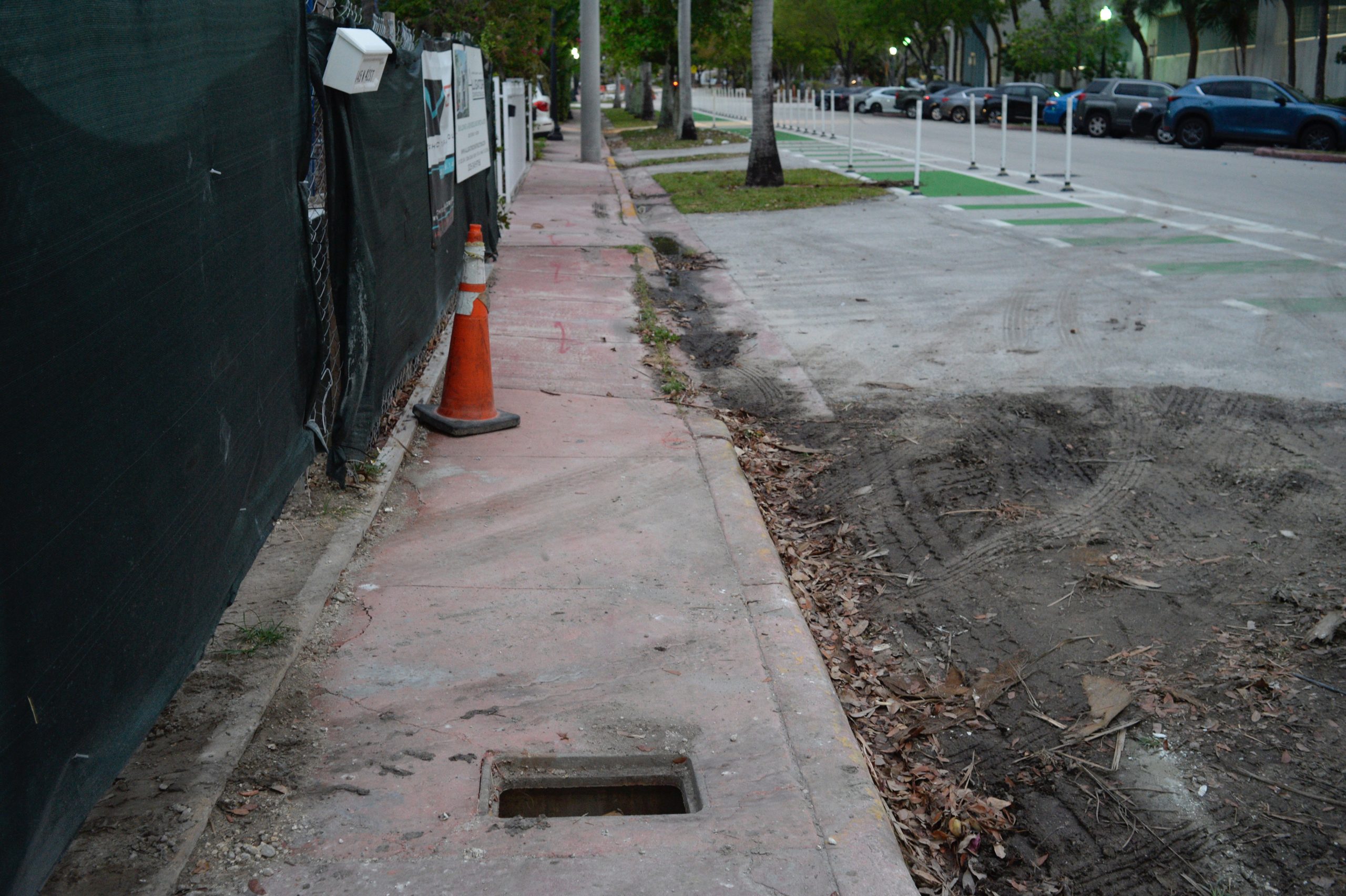- Free Consultation: 305-758-4900 Tap Here to Call Us
Jeffrey P. Gale, P.A. /// Comparative Fault and the Open & Obvious Doctrine

Florida premises liability law governs the responsibility of those who possess or control land for injuries sustained by individuals on their property. It is a negligence-based system, meaning that liability is determined according to the degree of fault. This principle is known as comparative fault, codified in Florida Statute § 768.81, entitled Comparative Fault.
Under this system, the jury determines the percentage of fault attributable to the plaintiff, the defendant, and even nonparties who may have contributed to the injury. The jury also assigns a monetary value to the plaintiff’s damages. Together, these findings constitute the jury’s verdict.
A jury verdict is not the same as a final judgment. Only judges render final judgments, and in doing so, they consider several factors—two of the most important being the jury’s findings on fault and damages.
Consider a simple example:
Mr. Jones, visiting a friend’s condominium, trips over a large crack in a poorly lit underground parking lot and falls, suffering a severe laceration and a concussion. The lot, owned by a condominium association and managed by a maintenance company, had a long history of accidents caused by the same crack. After failing to reach a settlement, Mr. Jones sues both the association and the management company for negligence.
The jury returns a verdict of $500,000 in damages, apportioning fault 75% to the defendants (the association and management company) and 25% to Mr. Jones. Applying Florida’s comparative fault rule, the final judgment for Mr. Jones would be $375,000—reflecting 75% of the total damages awarded.
From Contributory to Comparative Fault
Before 1973, Florida followed the doctrine of contributory fault, under which a plaintiff who was even 1% at fault was barred from any recovery. In our example, Mr. Jones—though only 25% at fault—would have recovered nothing under that old rule.
Is there anything similar to contributory fault in modern Florida law? Sort of, but not quite. There remains a principle that can, in certain circumstances, prevent a plaintiff from recovering even when the defendant bears some responsibility: the Open and Obvious Doctrine.
The Open and Obvious Doctrine
The Open and Obvious Doctrine holds that certain conditions are so open and obvious that, as a matter of law, they cannot be considered dangerous, and therefore do not give rise to liability. Examples include:
- A six-foot-diameter planter (Taylor v. Universal City Property Mgmt., 779 So. 2d 621 (Fla. 5th DCA 2001));
- A landscaped area surrounded by large planks adjacent to a walkway (City of Melbourne v. Dunn, 841 So. 2d 504 (Fla. 5th DCA 2003));
- A raised concrete surface at a gas station, visible in broad daylight (Circle K Convenience Stores, Inc. v. Ferguson, 556 So. 2d 1207 (Fla. 5th DCA 1990)).
The critical language in these cases is that the condition must be “glaringly open and obvious.”
Fortunately for most plaintiffs, Florida courts are generally reluctant to decide—as a matter of law—that a condition meets this standard. In most premises liability cases, the issue of liability remains a question for the jury.
*********************************************************
Contact us toll free at 866-785-GALE or by email (jgale@jeffgalelaw.com) for a free, confidential consultation to learn your legal rights.
Jeffrey P. Gale, P.A. is a South Florida based law firm committed to the judicial system and to representing and obtaining justice for individuals – the poor, the injured, the forgotten, the voiceless, the defenseless and the damned, and to protecting the rights of such people from corporate and government oppression. We do not represent government, corporations or large business interests.
While prompt resolution of your legal matter is our goal, our approach is fundamentally different. Our clients are “people” and not “cases” or “files.” We take the time to build a relationship with our clients, realizing that only through meaningful interaction can we best serve their needs. In this manner, we have been able to best help those requiring legal representation.









